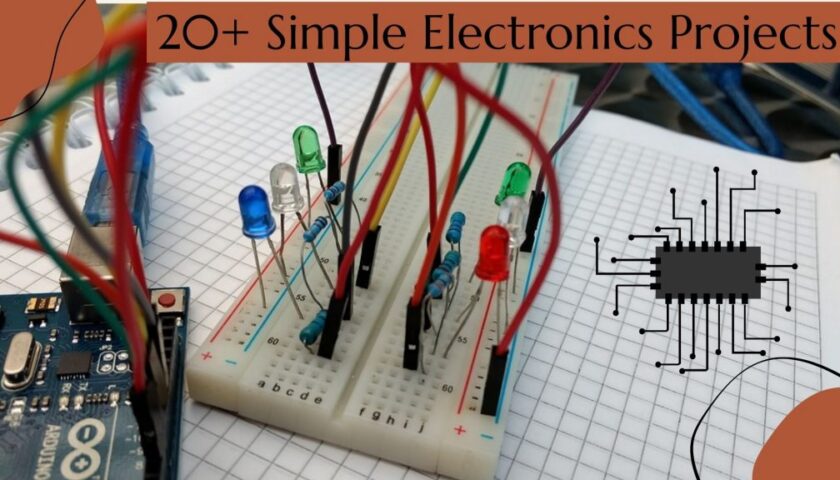Understanding the Java Interface vs Class Dilemma: Unraveling the Java Code Maze

When delving into the realm of Java programming, developers often encounter a crucial decision-making juncture – whether to opt for a Java Class or embrace the flexibility of a Java Interface. In the intricate tapestry of object-oriented programming, discerning the difference between class and interface in Java is paramount for crafting robust and scalable code.
Navigating the Java Class vs Interface Conundrum
Anatomy of a Java Class
A Java class serves as a blueprint for objects, encapsulating both data (attributes) and methods (functions). It embodies the essence of object-oriented principles, facilitating the creation of objects with shared attributes and behaviors. A class can be instantiated, and its methods can be invoked to perform specific tasks.
In the Java class vs interface debate, classes are often lauded for their ability to support both instance variables and methods with concrete implementations. This characteristic allows for code reuse and promotes a clear hierarchical structure within the application.
Decoding the Java Interface
On the other side of the spectrum lies the enigmatic Java interface. An interface in Java represents a collection of abstract methods that define a contract for classes implementing it. Unlike a class, an interface contains only method signatures without any method bodies. This abstraction fosters a high degree of flexibility, enabling classes to implement multiple interfaces.
The difference between interface and class in Java becomes apparent when considering the absence of instance variables in interfaces. Interfaces focus on method declarations, fostering the development of code that adheres to the principles of loose coupling and polymorphism.
Choosing the Right Path: When to Use Interfaces in Java
Flexibility and Multiple Inheritance
One of the primary scenarios when using interfaces in Java is when aiming for flexibility and supporting multiple inheritance. Since Java supports only single inheritance for classes, interfaces become instrumental in overcoming this limitation. A class can implement multiple interfaces, inheriting the method signatures and, subsequently, implementing them as needed.
Achieving Abstraction: Difference Between Interface and Class Java
Abstraction is a cornerstone of object-oriented programming, and both classes and interfaces contribute to it in unique ways. The difference between interface and class Java boils down to the level of abstraction required. Interfaces, with their abstract method signatures, provide a higher degree of abstraction, allowing for a common contract across disparate classes.
Evolution in Java: When to Use Abstract Class vs Interface
Java 8 and Beyond: Difference Between Interface and Abstract Class Java 8
Java 8 brought about a paradigm shift with the introduction of default and static methods in interfaces. This departure from the traditional notion of interfaces being purely abstract allowed developers to include method implementations. This difference between Java class and interface introduced a new layer of versatility, blurring the lines between abstract classes and interfaces.
Difference Between Java Class and Interface: A Summary
In summary, the difference between a class and an interface in Java is not a black-and-white decision. Each has its own merits and use cases, and the choice ultimately depends on the specific requirements of the application. Classes offer concrete implementations and support for instance variables, while interfaces provide a flexible contract and support for multiple inheritances.
As Java developers navigate the intricate landscape of object-oriented programming, understanding the nuances of Java interface vs class becomes indispensable. Whether crafting a robust class hierarchy or embracing the dynamic nature of interfaces, the judicious selection of programming constructs paves the way for scalable and maintainable Java code.



